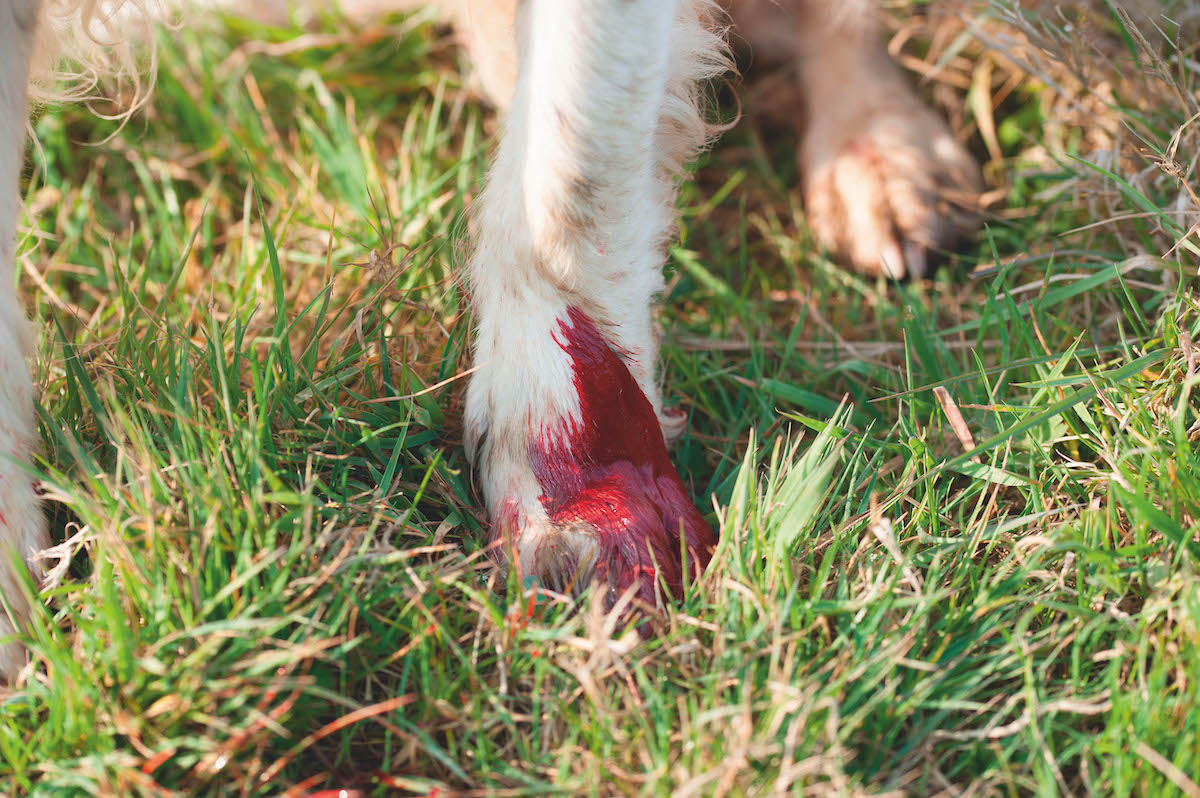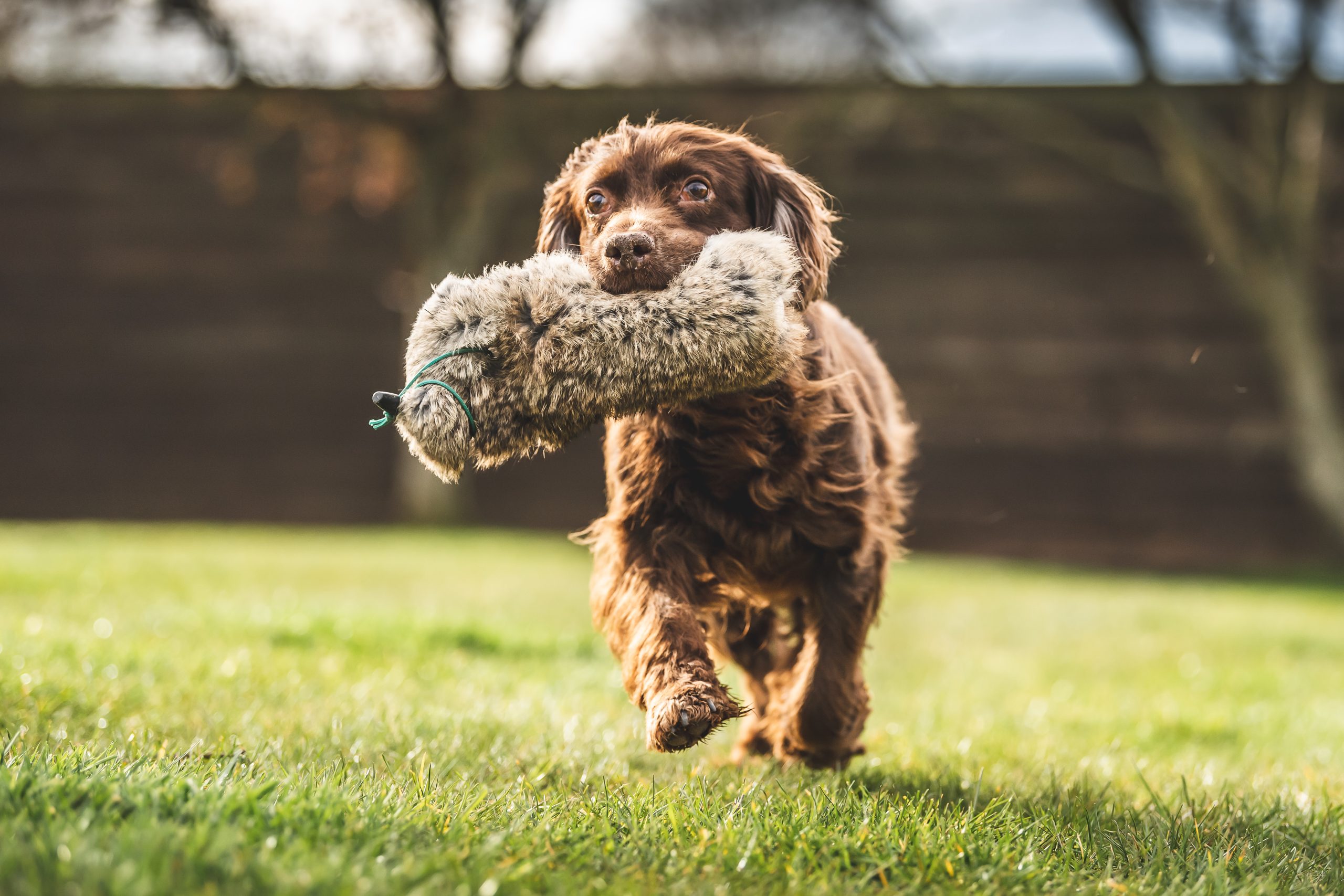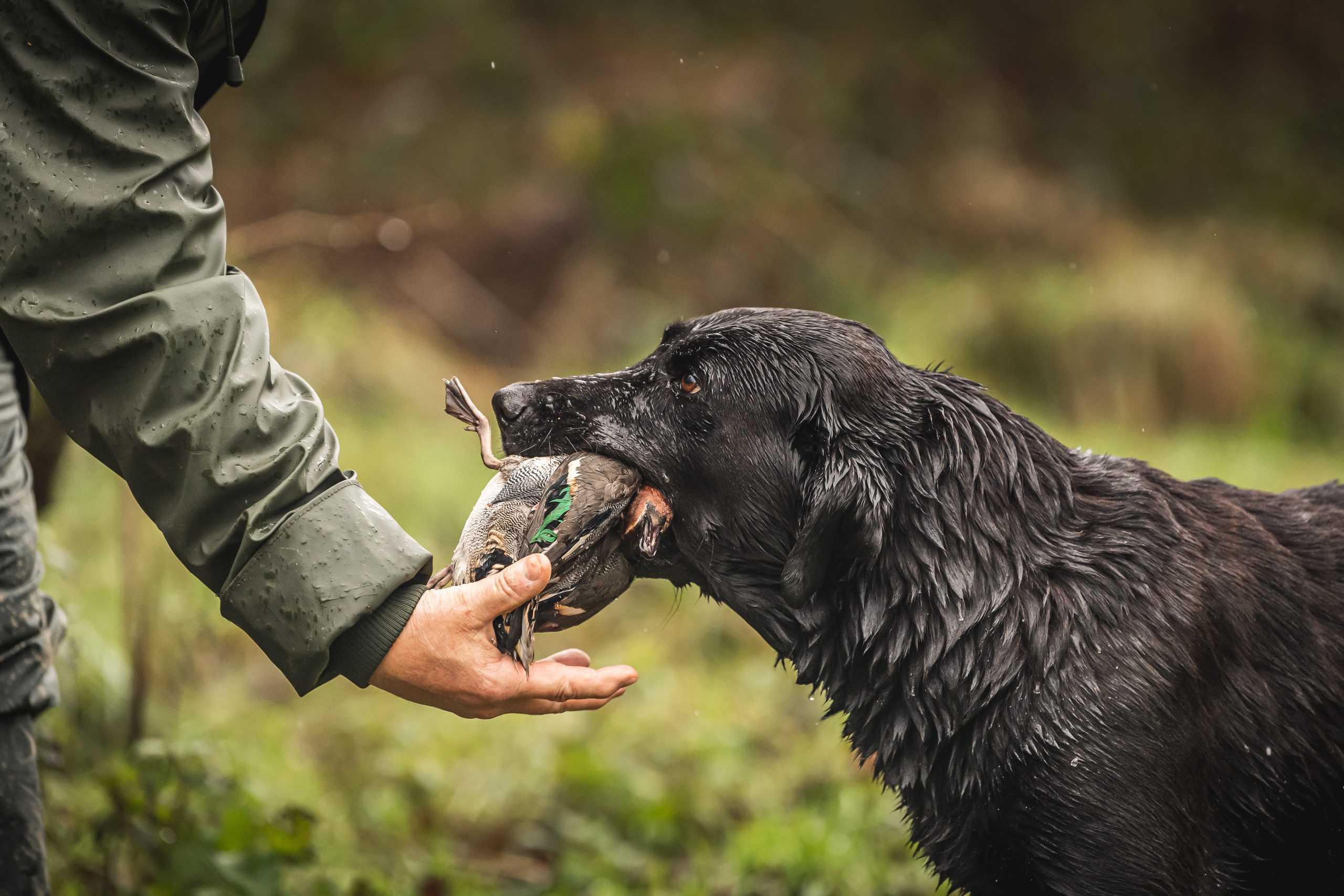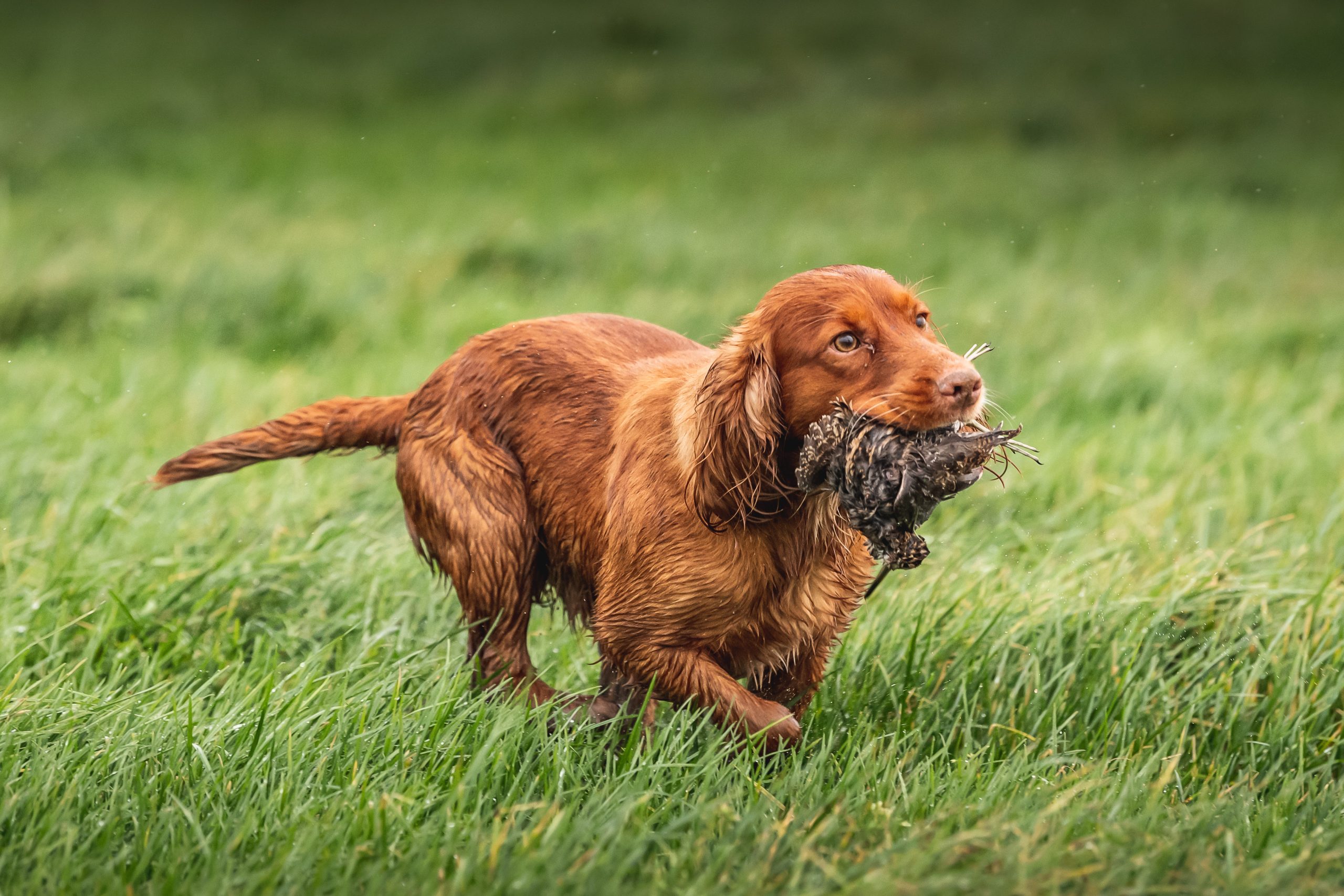Gundog news
Gundogs
Cut pad on a dog – how to treat it
Would you like to speak to our readers? We offer sponsored articles and advertising to put you in front of our audience. Find out more. 2BHCMK6 Bleeding dog paw
2BHCMK6 Bleeding dog paw
Treating a cut pad on a dog
Q: Can you advise on how best to deal with a cut pad on a dog? I live in an area where the ground is very flinty and this has happened once already. The wound bled so much I had to take the dog to a vet.
A: In general terms, small wounds to the pad are probably best left open to heal naturally, and larger wounds usually require stitches which will, of course, necessitate a trip to your vet. Some form of temporary bandage is often useful, however, if only to keep the wound free from further contamination.
Firstly, wash the foot in clean water and ensure there is nothing in the wound. Bits of glass or a thorn usually feel gritty, indicating that there is something in the pad that, if you can’t, your vet will need to remove. (More advice on how to bathe a dog’s wound.)
To stop any bleeding, you will need to apply a pressure bandage. Don’t just bandage the foot. Always apply a bandage that goes further up the leg as this will help to prevent the it slipping off. Never wrap a bandage too tightly and always apply padding underneath If the bandage is too tight or it slips down the leg, blood circulation can be impeded and tissues starved of vital blood will become damaged. At worst, the foot may have to be amputated. Ideally, wrap cotton wool or a soft crepe bandage over the foot and up the leg first, but in an emergency wrapping the foot in a clean handkerchief might suffice.
Start by trapping the bandage material behind the leg, well above the knuckle/wrist (or hock). Run the bandage down the leg, under the foot, and back up in front of the leg. Make one turn to secure the top of the bandage then wind down the leg, firmly but not tightly, in overlapping turns to the foot. Make sure you enclose the foot. Wind similarly back up the leg to where you started, then repeat, applying a little more pressure.
Always remove the bandage after an hour or so when any bleeding should have stopped. Reapply only if necessary, and get your dog to the vet at the earliest opportunity so the wound can be examined properly. (Read our advice on how to make a dog vomit in an emergency.)
Related articles
Gundogs
Saying goodbye to a gundog
It’s the most difficult of subjects but here Tom Jones faces up to the sad reality of losing a beloved gundog and realises just how much they give us.
By Time Well Spent
Gundogs
How to curb nerves on your first working test
What can gundog handlers learn from sport psychology? Novice handler Emily Cartigny tries to curb the nerves in her first working test.
By Time Well Spent
Manage Consent
To provide the best experiences, we use technologies like cookies to store and/or access device information. Consenting to these technologies will allow us to process data such as browsing behavior or unique IDs on this site. Not consenting or withdrawing consent, may adversely affect certain features and functions.
Functional Always active
The technical storage or access is strictly necessary for the legitimate purpose of enabling the use of a specific service explicitly requested by the subscriber or user, or for the sole purpose of carrying out the transmission of a communication over an electronic communications network.
Preferences
The technical storage or access is necessary for the legitimate purpose of storing preferences that are not requested by the subscriber or user.
Statistics
The technical storage or access that is used exclusively for statistical purposes.
The technical storage or access that is used exclusively for anonymous statistical purposes. Without a subpoena, voluntary compliance on the part of your Internet Service Provider, or additional records from a third party, information stored or retrieved for this purpose alone cannot usually be used to identify you.
Marketing
The technical storage or access is required to create user profiles to send advertising, or to track the user on a website or across several websites for similar marketing purposes.








